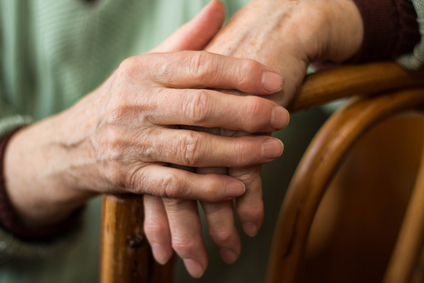Health minister calls for international strategy to combat dementia

 The Dutch health minister has called for a global strategy to deal with dementia at a meeting of world experts in Japan.
The Dutch health minister has called for a global strategy to deal with dementia at a meeting of world experts in Japan.
Hugo De Jonge likened the growth in this group of neurological conditions to the epidemic of HIV and Aids in the 1980s, and urged countries around the world to invest in research.
‘Only when it became clear how quickly the epidemic of HIV/Aids was taking hold – it spread like wildfire, taking milions of lives around the globe – did a global awareness emerge,’ he told a World Dementia Council summit in Toyko. ‘A huge sense of urgency arose for international cooperation in HIV/Aids research…
‘Today, we are on the verge of another epidemic. One that is quite different. This time, it is not young men who are the victims, but mainly older, vulnerable people. This time, it is not a disease that attacks our immune systems, but our brain, our memory, our personality, ourselves.’
He added that as in the early days of HIV and Aids, scientists do not know what causes dementia, the name given to a group of conditions that affect the brain, including Alzheimer’s. ‘Let us be honest, what we have been prepared to invest in dementia research so far is next to nothing,’ he added.
Citing research from Alzheimer’s Disease International, De Jonge said that if everyone diagnosed with dementia across the world lived in one place, it would be as populous as Spain – the 28th largest country in the world.
De Jonge will call for other G20 countries to invest more in dementia research at a meeting in Japan this weekend, inviting them to a conference in the Netherlands next year to talk about global co-operation.
Dutch and foreign experts said it was high time for urgent action, with 280,000 people living with dementia in the Netherlands alone and numbers expected to rise dramatically as the population ages.
Prof Philip Scheltens, director of the Alzheimer Centre at Amsterdam’s UMC teaching hospital, said that annual funding in the Netherlands had recently doubled to €16 million but that this was a drop in the ocean: ‘We still have no medicine for dementia and we need to go back to the drawing board,’ he said. ‘The worldwide budget must go up.’
A spokesman for the Dutch health department told DutchNews.nl that it was not only about increasing funding for treatment or searching for a cure, but also working out how people with dementia can remain in society rather than care homes where possible – the message of a Samen Dementievriendelijk campaign, with training videos on how to recognise and deal with people with dementia.
Thank you for donating to DutchNews.nl.
We could not provide the Dutch News service, and keep it free of charge, without the generous support of our readers. Your donations allow us to report on issues you tell us matter, and provide you with a summary of the most important Dutch news each day.
Make a donation